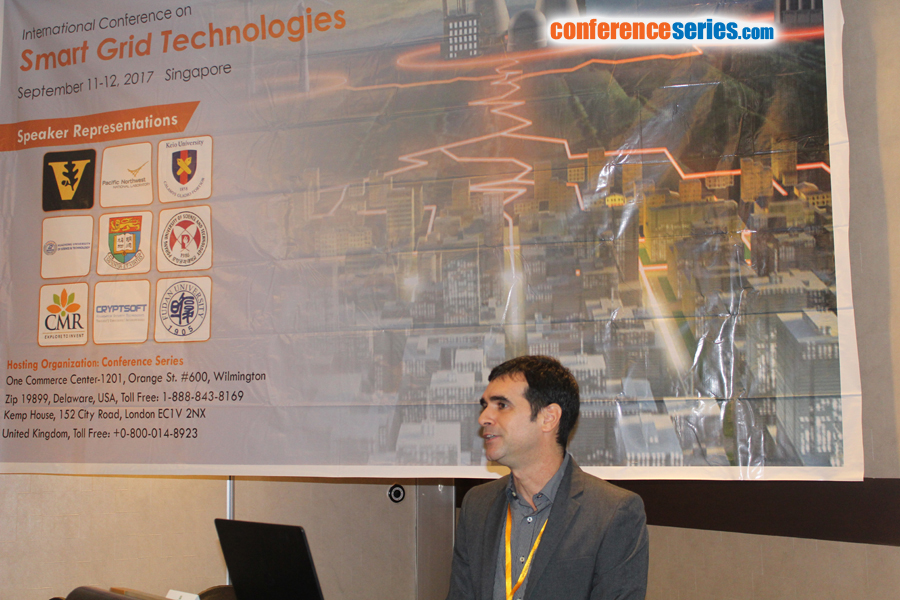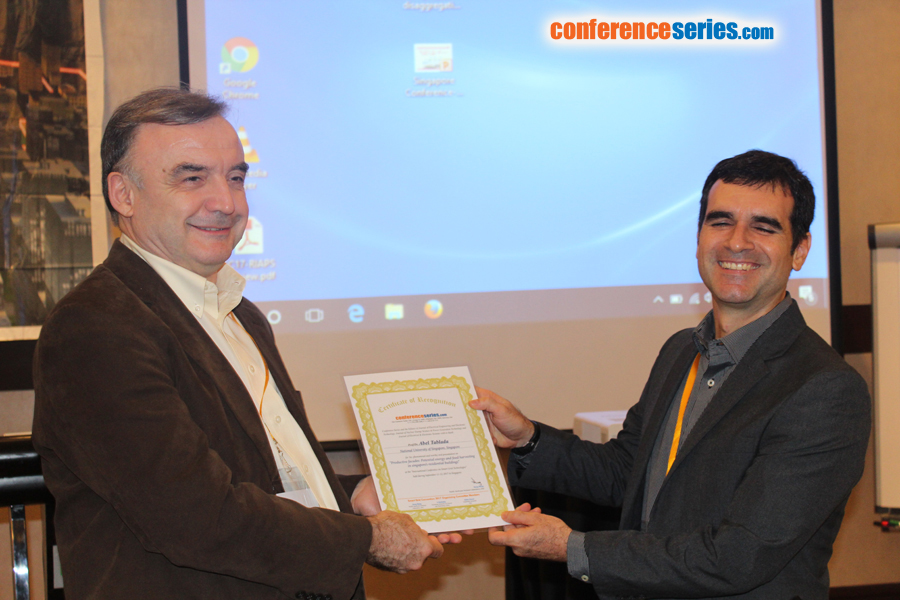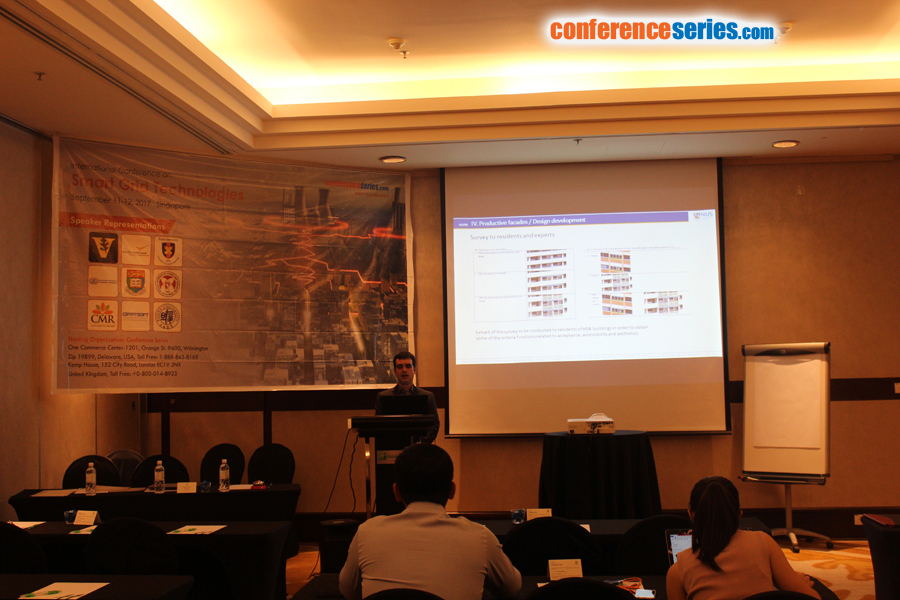
Abel Tablada de la Torre
National University of Singapore, Singapore
Title: Productive facades: Potential energy and food harvesting in singapore’s residential buildings
Biography
Biography: Abel Tablada de la Torre
Abstract
Increasing energy and food self-sufficiency in urban areas is crucial to achieve a drastic reduction of carbon footprint and greenhouse gases emissions. This is especially important for Singapore which imports most of the food and energy it consumes. This study discusses the potential energy and food production at urban and building scales in residential districts in Singapore. Radiance-based simulations are conducted to quantify the sunlight availability on a large number of cases with different densities for three building typologies in Singapore. Regression analysis are performed to determine the thresholds of density indices; plot ratio, site coverage and building height, in order to achieve certain percentages of energy and food self-sufficiency. Finally, more detailed facade arrangements are proposed according to the sunlight availability per case as well as a facade prototype to be fabricated and installed at the Tropical Technology Lab at NUS campus. The study shows that full energy and food self-sufficiency can be achieved for districts with average building height <33 m and plot ratios <1.7, respectively. However, 50% of autonomy can be achieved for building height <68 m and plot ratios <2.7. The four main facade orientations are feasible to be used for solar panels and farming systems. However, it is recommended that larger PV surface area is installed on top sections of facades and farming and solar collectors on less exposed surfaces. Finally, a balance between PV dimensions, energy yield, heat gain reduction and daylight requires a precise analysis and design for every specific facade and context.
Speaker Presentations
Speaker PDFs
Speaker PPTs Click Here




